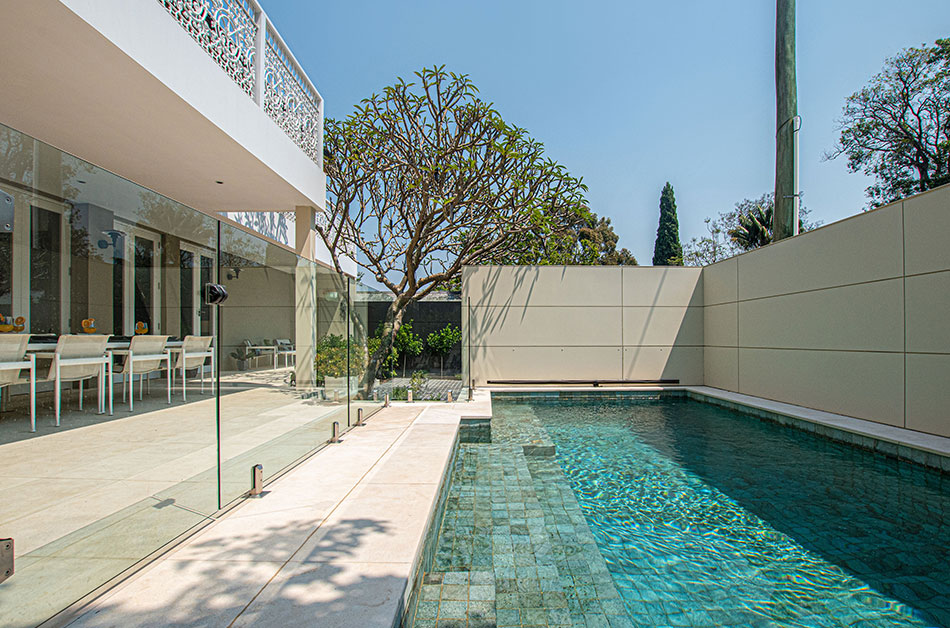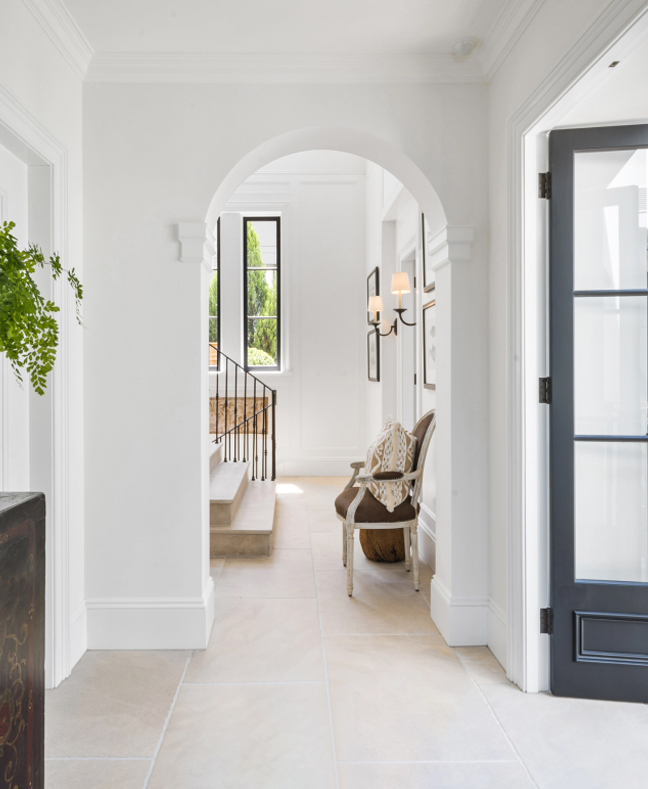Pool Heating Options to Extend Your Swim Season
Your pool is a big investment. At best, many of us only get 50% of the year to use it. How to heat your pool to extend your swim season, will essentially come down to answering the following 3 questions.
 Your pool is a big investment. At best, many of us only get 50% of the year to use it. How to heat your pool to extend your swim season, will essentially come down to answering the following 3 questions:
Your pool is a big investment. At best, many of us only get 50% of the year to use it. How to heat your pool to extend your swim season, will essentially come down to answering the following 3 questions:
 Your pool is a big investment. At best, many of us only get 50% of the year to use it. How to heat your pool to extend your swim season, will essentially come down to answering the following 3 questions:
Your pool is a big investment. At best, many of us only get 50% of the year to use it. How to heat your pool to extend your swim season, will essentially come down to answering the following 3 questions:
- How will I use my pool in the cooler months?
- How much can I afford in running costs?
- How much do I want to impact the environment?

